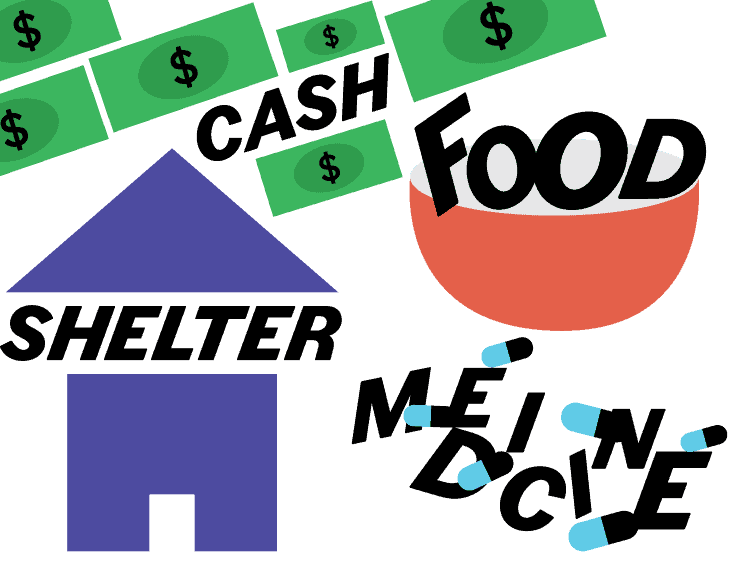Typhoon Haiyan/Yolanda has killed more than 5,000 people and devastated the livelihoods of 13 million. An overwhelming majority of those affected are traumatized, hungry, thirsty, hurt, and homeless.
This is an appeal to aid, but perhaps not a conventional one. I wish to convince you to donate to local agencies that I believe have more expertise, empathy, and long-term outlook to provide a more resilient post-disaster Philippines.

Relief is complicated. It carries political and methodological baggage. Non-governmental organizations (NGOs) will be fighting on the field as to what, how, and to whom aid should be distributed. Cash or food? Women or men? Shelter or medicine? With limited resources come hard decisions. “The choice is to use the same truck either to distribute food or collect bodies” said Tacloban’s mayor, bleakly. There is no doubt that there is a need for resources and thus I will not discredit the efforts of larger agencies — such as the World Food Program, the UN Refugee Agency, Oxfam and Red Cross/Crescent that are well-intentioned. But with relief, intentions are never enough.
Relief is contextual. Money rarely translates into what the donor intended, more importantly, beneficiaries are rarely provided with the aid they need. The social context into which foreign aid is introduced will determine how that aid is distributed. I witnessed this first-hand when I studied a post-cyclone relief effort in India. Cultural nature, political rivalries, ethno-religious divisions, and economic stratifications are essential to understanding how to propagate a relief effort. I am not Christian, but I would not think twice about donating to a smaller, Christian organization if they are effectively getting aid through to those in need. Aid comes first, not ideology.
International aid is rarely as effective as locally tailored aid. Local knowledge is essential to effectively providing aid. It can be as simple as knowing another route in case of traffic, or completely understanding what people’s priorities are and how to deal with the various demographics. That is why I recommend donating to Filipino or regional agencies that have a robust local network. The Philippine Red Cross stands out, as do Citizens’ Disaster Response Centre, the Asia-Pacific Alliance for Disaster Management, and Community and Family Service International. You can also donate directly to the government’s Department of Social Welfare and Development — which, though facing criticism, is still one of the most effective agencies in the field.
Relief is human. Affected people always have pride, and if provided with the correct tools, they develop some agency. This is far from the conventional image of helpless, dejected, and submissive victims. Even with their houses destroyed, these people rarely submit to begging, or discarded old T-shirts. Local agencies are usually more aware of this. Because they are inherently invested in the society around them, they do more to provide agency to the affected people.
Relief is never over. This current and essential relief effort will die down. International agencies will pack up and leave when critical needs have been met; the initial crisis will have been averted, but the essential job of rebuilding livelihoods remains.
Post-disaster reconstruction efforts are achingly slow due to lack of funding, and international agencies rarely deal directly with these efforts, as there are no glamorous media-bites.
However, disasters due to climate change will only increase in frequency — we need to design our cities to be resilient, but also socially and environmentally appropriate, which can only done by locally aware agencies. Donate localy, not only will these charities provide better and faster aid but they will also be there to do the serious rebuilding that comes after the big organizations leave.
Ankit Bhardwaj is a fourth-year student at the University of Toronto


